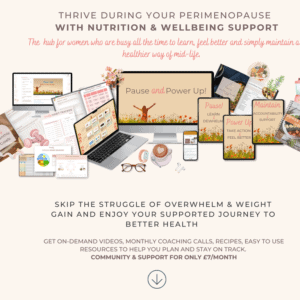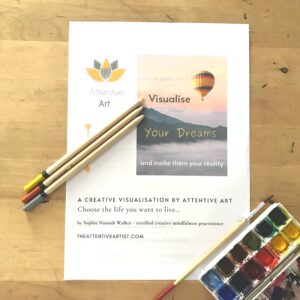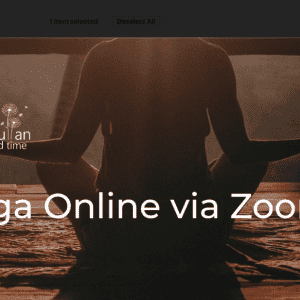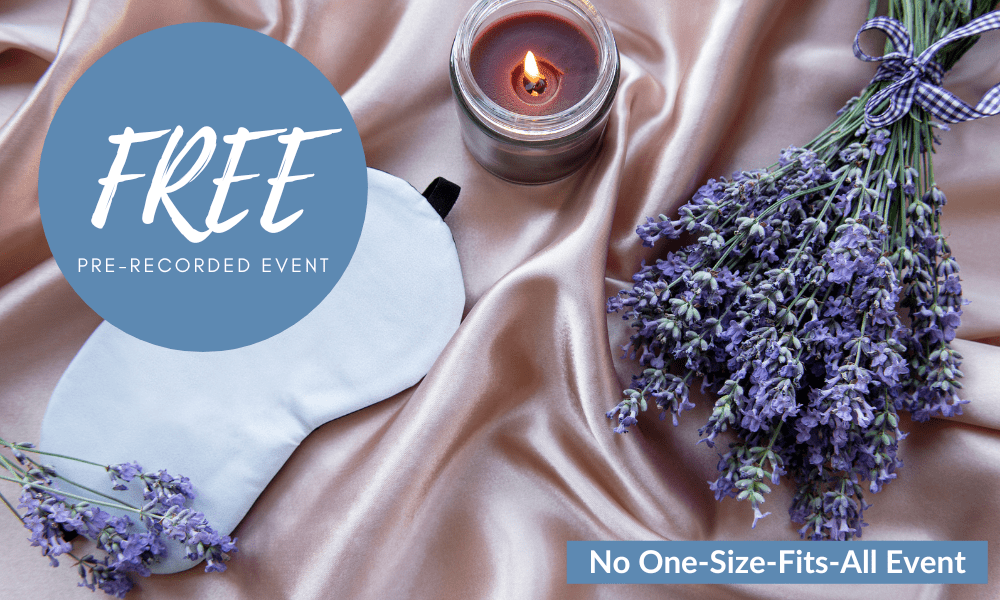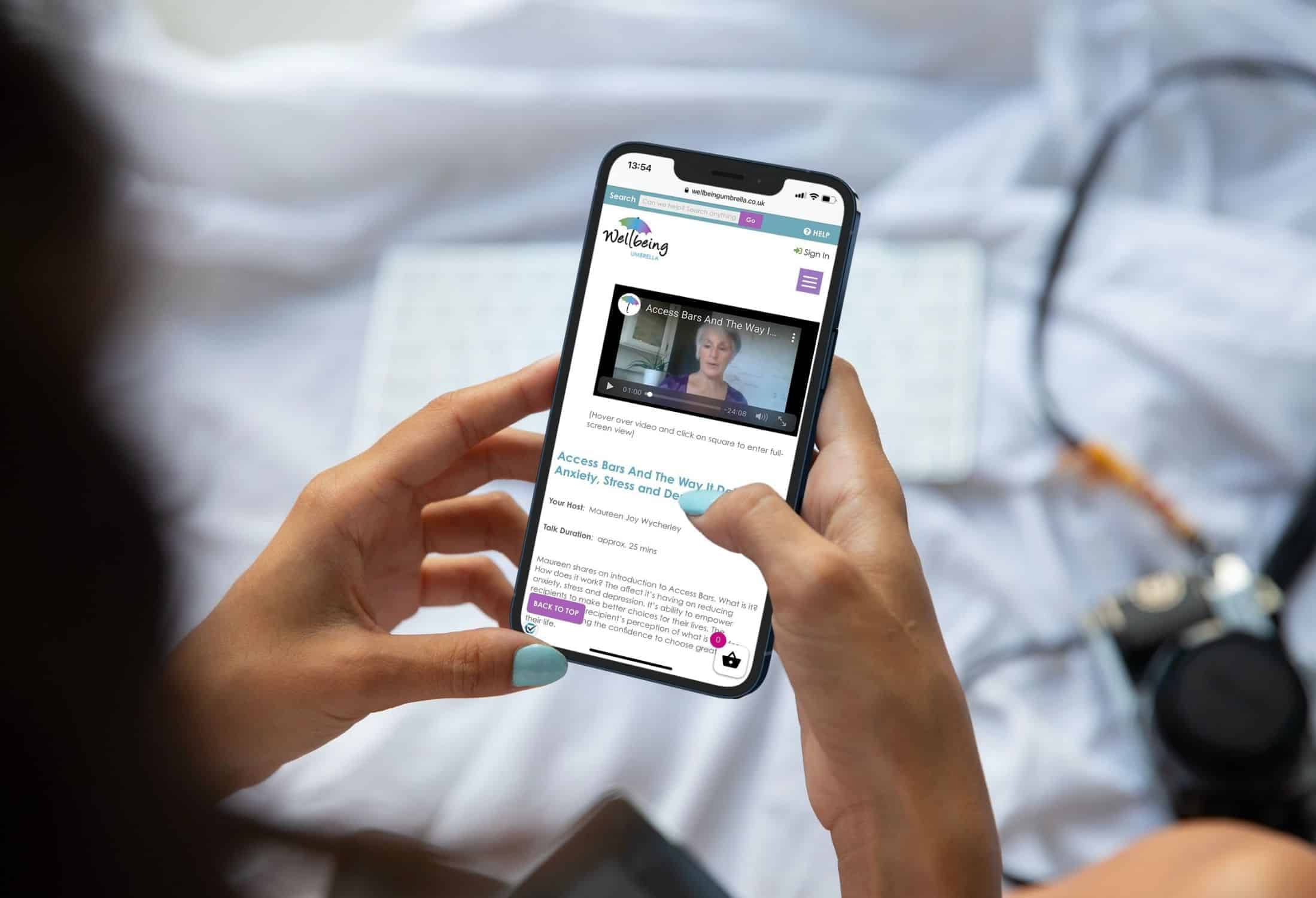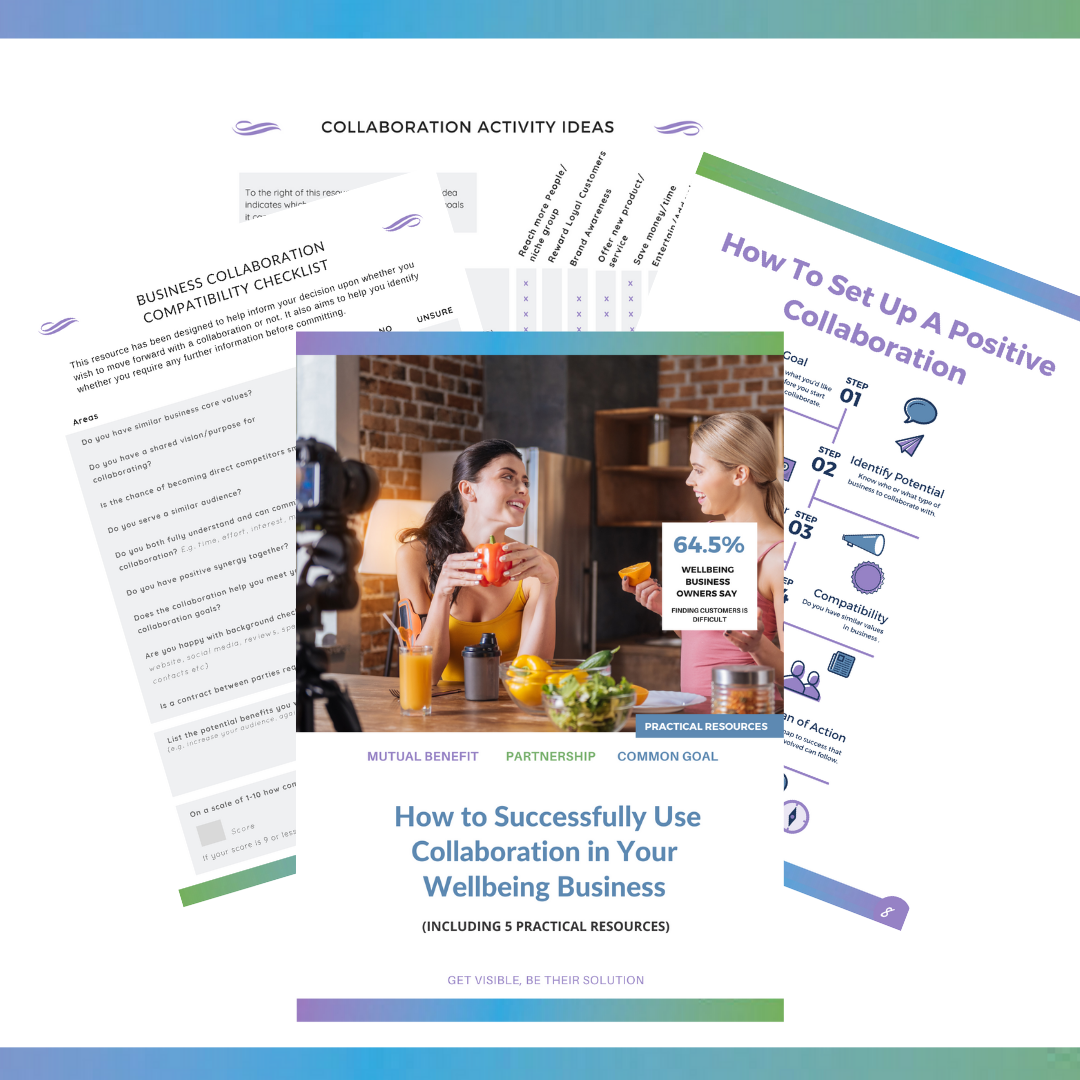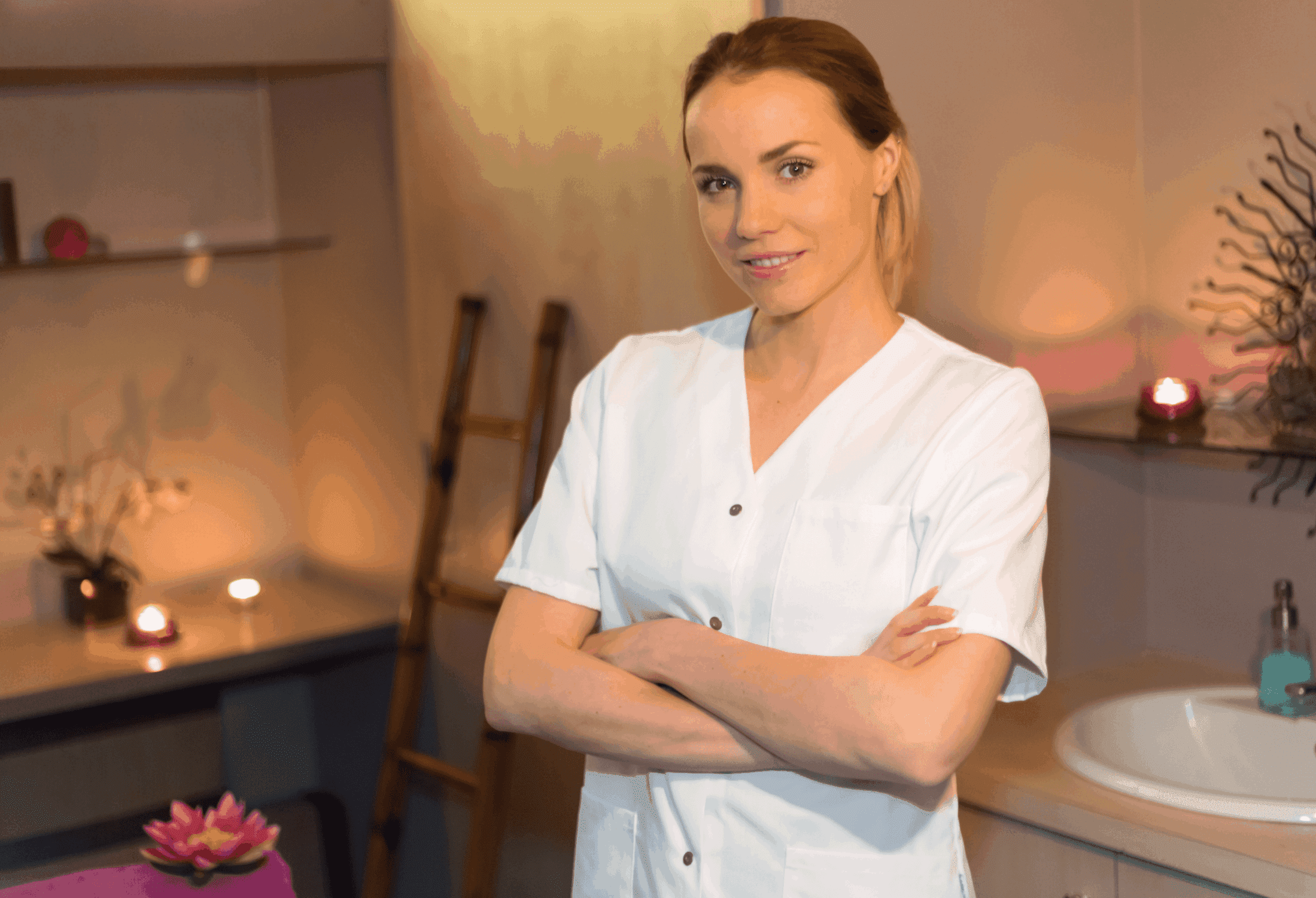Mindfulness – The Key to Less Stress
7th Apr 23
Mindfulness is the key to less stress.
Let me start by explaining what I mean by stress. I use it in this context as an umbrella term for anything that causes us unease in our lives. This ranges from smaller things like traffic jams or queues through to the big stuff like illness, bereavement or relationship breakdowns.
There are times that we need a little bit of stress, (it gets us out of bed in the morning) but in this post I’m referring to the stress that doesn’t help us – in fact it can make things worse. Perhaps some of you reading this don’t get very stressed, and that’s great. So many of us that get far more stressed than we would like to, which interferes with our ability to truly enjoy life. This is what I mean by success (more on this later)!
The Human Brain
I’ll start with a whistle stop outline of our incredible brain’s evolution. Broadly speaking our brain developed in three stages, the “reptilian brain” or the brain stem, (think lizard) whose only focus is survival.
This was followed by the development of what’s known as the “mammalian brain” or the limbic system (think Chimp) still super-vigilant but lives in groups and has social connections. Lastly came the “human brain” or the neocortex which gives us the ability to be logical, rational and to get perspective on situations.
Fight or Flight
Now the first two are quick to react. Imagine a bus was coming and you needed to run out of the middle of the road. The primitive brain activates our fight or flight response so that we can react as quickly as possible.
The neocortex isn’t useful in this situation. It is slower and would take too long to start analysing how long it might take to get out of the way, so it is taken “off-line”. This is great for actual danger when we need to react as quickly as possible, however, often we are activated by what only feels like a threat. Examples might be that meeting next Thursday or remembering that we upset someone last week. The brain finds it difficult to tell the difference between real danger and imagined danger. We lose the ability to be logical and rational and feel like we can’t think straight, just by thinking about something stressful!
Knowing It Isn’t Enough
Now we don’t want to override the instinctive reaction to danger (we can’t, it’s hardwired). It stands to reason, however, that if we can manage our threat response system more skilfully, then we can make considered choices rather than knee jerk reactions to stressful situations that aren’t imminent danger. But knowing it isn’t enough. It has become a habit that has probably been repeated over our lifetime, so changing it isn’t quick, it takes practice. When we form a habit, neurons in our brain make connections, and the more we repeat it, the more they fire together and create a pathway of familiar behaviour.
Mindlessness or Mindfulness?
Our brain’s default mode is to mind wander into thinking. This is often about the past or the future (we spend almost 50% of our time not being present). So, if we are acting on autopilot half of the time, mindlessly, we are missing out on so much. Research shows we are happier in the present.
Additionally, (this is where Mindfulness plays the important role) only when we are fully aware of what is happening, do we have the freedom to choose our response to any given situation. If we pay attention to our behaviours, thoughts, and emotions, we can bring them from happening unconsciously into present moment awareness. Then we are able to notice whether what we are doing is helpful or not, and make deliberate choices about how to respond to a situation.
How Do We Do That Then?
Well as I mentioned it takes practice. It can be as simple as pausing for a moment and moving your focus from thinking/planning/remembering to something that is happening right now.
Bringing attention to the movement and feel of the breath coming in and out of the body can be helpful for some (and it is always with us). It’s not the thought of breathing, but the sensations created by breathing that we are interested in tuning into. Notice how it feels right now, without judgment (shallow or deep it doesn’t matter). And if the breath isn’t comfortable, maybe exploring sensations in the hands or feet may be preferable.
You can even practice with a cup of tea or coffee. Feel the warmth, smell the aroma, taste the drink (use the senses rather than thinking). The mind will wander while we do this, it’s what minds do, but our job is to keep coming back to the point of focus (e.g. the breath) again and again. And we do it firmly but with kindness, like we are training a new puppy. This is Mindfulness meditation.
Mindfulness – What We Practice Grows Stronger
This is just the first step and needs regular practice. Learning how to practice Mindfulness is not a quick fix but it can bring awareness and lasting change. Just as we look after our bodies, through nutrition and exercise we need to look after our minds. Meditation is a proven way to do this. Mindfulness courses are proven to be at least as effective as the leading anxiety medication (Recent US study) and at least as effective at preventing relapsing depression as anti-depressants (UK study and recommended by NICE).
Mindfulness Success!
Lastly, let me reiterate what I meant by success. I don’t equate a successful life with material goods, and I don’t pedal false positivity. But If we are more present for all that we do and experience, we will enjoy life more and those we spend time with will appreciate our presence too! This is my definition of success – getting the most out of every day by really turning up and being present!
If you’d like to hear more from me (Lucy), you can head over to my podcast with Psychotherapist Adrienne Kirk, called ‘It’s Not That Deep‘ HERE or access one of our episodes below. Plus, feel free to reach out to me via social media or my website further down this post.
Disclaimer: The information contained on this Site is provided for general educational purposes only and is not intended to diagnose, treat, cure, or prevent any disease or health condition. Please consult a qualified health care professional to diagnose your health condition and prevent self-diagnosis. We do not dispense medical advice or prescribe or diagnose illness. Read full medical and health disclaimer.







